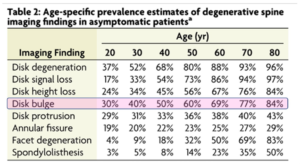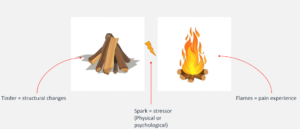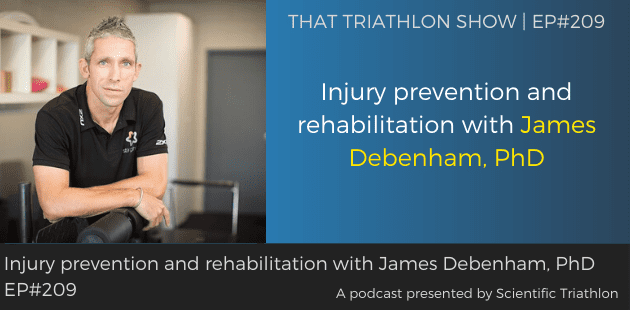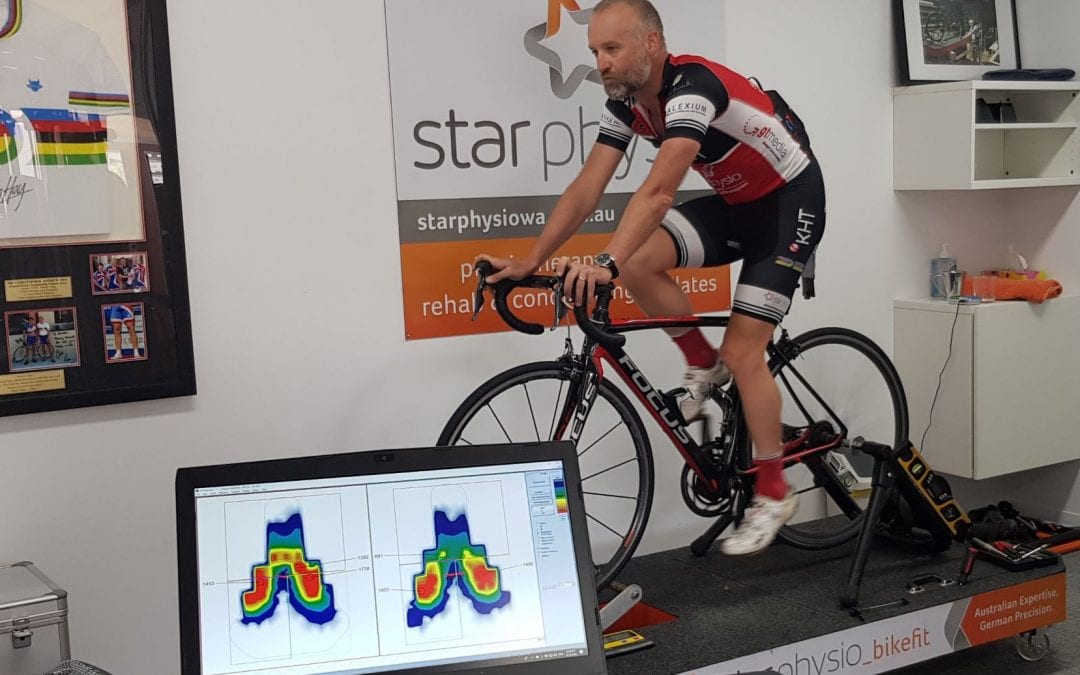Disc Bulge and Low Back Pain: What You Need to Know
Ever had an MRI for lower back pain that showed a disc bulge? You might be wondering if that’s the culprit behind your back pain. Here’s a breakdown of what disc bulges are and what they really mean for you.
Disc Bulge vs. Herniated Disc: What’s the Difference?
First things first, a disc bulge isn’t the same as a herniated disc. Imagine a disc in your spine like a car tyre with chewing gum inside of it! In a herniation, there’s a localized “bump” in the tyre. Sometimes it can crack and the “chewing gum” can come out. A disc herniation includes a protrusion, extrusion and a sequestration. With a disc bulge, the “tyre” stays intact, but the it just pushes out a bit more than usual. Look at the pictures below.

Types of disc bulge
Can a Disc Bulge Cause Pain?
Surprisingly, disc bulges are very common, even in people without back pain. Studies show many people have bulges without any symptoms. This means just seeing a bulge on an MRI doesn’t necessarily explain your pain.

Lots of people with disc bulges have no pain!
So, What Does Cause Back Pain?
The truth is, lower back pain can come from many sources. It’s often non-specific, meaning there’s no single cause we can pinpoint. Here’s an analogy: Think of your back pain like tinder. Disc bulges and other changes in your spine can be like tinder, ready to ignite. But a spark is needed to set it off. This spark could be stress, poor sleep, physical strain or other things. Some people have more “embers” than others, making them more prone to pain flares.

How pain works!
The Key to Feeling Better
The good news is there are ways to manage back pain, even with a disc bulge. It’s about addressing the “fire” and not just the “tinder.” This could involve staying active, getting enough sleep, and managing stress. Physiotherapists can help you develop a personalized plan to build strength and flexibility, reducing pain and preventing future flare-ups.
Talking to Your Physiotherapist About Your MRI
If you have an MRI showing a disc bulge, discuss it with your physiotherapist. They can help you understand what the results mean and focus on a treatment plan for your specific situation.
Here are some key takeaways:
- Disc bulges are common and don’t always cause pain.
- MRI findings alone don’t necessarily explain your back pain.
- Back pain is often non-specific and can be managed through physiotherapy and lifestyle changes.
Remember, you’re not alone! Many people experience back pain. By working an expert physiotherapist from Star Physio, you can find ways to manage your pain and get back to living an active life.
Call 64249578 or book an appointment with here!

Coffee and performance
Coffee dosages in typical coffee drinks. Athlete or not, coffee is one of the most commonly ingested drinks in the world. Many of Star Physio's staff and clients take their coffee pretty seriously either for taste, performance or fashion! Many people do...

Injury Prevention Podcast with James Debenham
Injury prevention and rehabilitation with James Debenham, PhD | EP#209. That Triathlon Show James Debenham, PhD, is a physiotherapist and Director at Star Physio, a researcher and university lecturer, as well as an accomplished Ironman athlete himself. He...

Star Physio Bikefit at Tour Down Under 2020
Course - Management of cycling injuries and bikefit. January 2020, Adelaide, February 2020, Perth. The Australian Physiotherapy Association have asked Star Physio's principal physiotherapist, Damian Oldmeadow, to present courses to physiotherapists on...
Free Massage with Every Bikefit! Spring Offer!
Are you in the right position on the bike? How do you know whether you are in a good position on your bike? Are you comfortable? Do you get saddle pain? Do your hands go numb? Do you get knee pain, neck pain, back pain??? If you are getting any of these...

